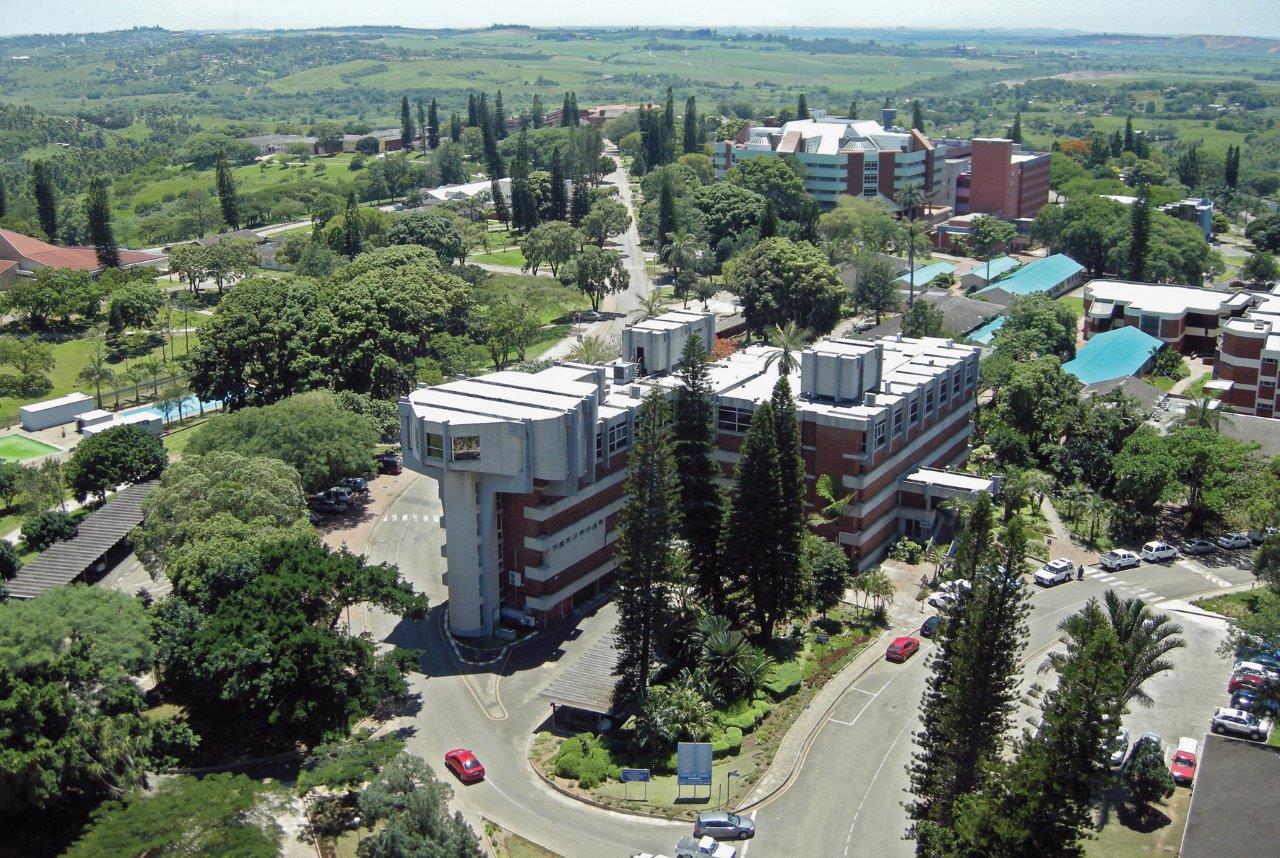COUNCIL FOR HIGHER EDUCATION SPECIAL INSTITUTIONAL AUDIT CLOSURE

TO: UNIVERSITY COMMUNITY
For almost a decade the University has had to navigate through a storm of allegations targeting its governance and management. The allegations range from maladministration, unfair staff dismissals, illegal purchase of executive houses, a dysfunctional Council, and acts of criminality. These spurious allegations prompted an Independent Assessment and subsequent Administration in 2011, the CHE Special Audit commissioned by the Minister of Higher Education & Training, Minister Blade Nzimande in 2017, and an Investigation by the Hawks. The latter was concluded in 2018. The perpetual tirade of false and misleading allegations, repeatedly investigated, negatively impacted on public perception of the University which was perceived as fraught with maladministration and corruption.
University as it has a direct and consequential impact on the University’s functionality. The CHE, through its subcommittee, the Higher Education Quality Committee is assigned the responsibility of quality assurance. Its mandate includes quality promotion and capacity development, institutional audits, standards development, accreditation and re-accreditation of programmes, and national reviews. The University afforded the Special Audit by the CHE in 2017 its full and unfettered cooperation.
The issues that had been repeated ad nauseam to various authorities over the past several years were found by the CHE panel to be devoid of any legal and factual basis (CHE draft report, Chapter 4). No evidence of a “dysfunctional institution” was found. No evidence of any mismanagement could be found as evident from the numerous reports, court rulings and investigations.
At the end of the special audit site visit, the panel declared the following three things:
- “The institution that the panel found is very different from the institution that the Independent Assessor found and reported on in January The credit for this must go to the Administrator, to the current Council, to the current executive leadership and to the many staff of the University who have worked hard, and continue to work hard, to “right the ship”. It has a committed Council, executive team and senior management.
- Two, this executive and senior management team has been in place for a very short This team needs time to gain experience and to consolidate existing plans. Continuity in the next decade will be critical to ensuring the success of the institution. Retaining members of the executive team and senior managers will continue to be a challenge, and one to which the Council must give priority. Staff and students with whom the panel members met, and alumni whom we interviewed, spoke with pride of their institution. There is a significant improvement in morale.
- Three, the University has experienced, and suffers from, a popular and press image that has painted a picture of an institution riddled with qualification fraud and corrupt leadership. The institution that the panel found is one where the integrity of the student record and the certification process is secure (not riddled with qualification fraud) (for detail see the full report), and leadership in Council and the executive are committed to good The University must attend to the message.” (November, 2017).
The following commendations by the CHE are noteworthy:
- The HEQC commended the University on appointing an executive leadership and senior management team with the commitment and capability to provide stable leadership for the
- The HEQC commended the University on the progress made with the Administrator’s recommendations, for example, the continued strategic financial planning and
- The HEQC commended the University on its Workplace Skills Plan that provided assistance to several academic staff to complete their PhD
- The HEQC commended the University for demonstrating that its Council, together with committees of Council appear to understand their roles and responsibilities in a challenging higher education environment in South
The University addressed all the recommendations by the HEQC namely, induction of Council and management members, performance review of Council, physical planning and infrastructure development, review of the appropriateness and effectiveness of the operational model of the Foundation, issues related to staff housing, issues of institutional reputation, and to strengthen teaching and learning strategies.
In a letter dated the 13th March 2020, the CHE informed management that the University’s 4th Quarterly Audit Report was approved by the Institutional Audits Committee thus bringing to a close the Special Institutional Audit. The closure exonerates the University, its Council and Management of all allegations.
This outcome is a resounding success, a testimony to the hard work and dedication by all staff and stakeholders in the collective quest to elevate the University from a quagmire of controversy to a greater measure of success.
Friedrich Nietzsche, the German philosopher, famously said: “That which does not kill us makes us stronger.” As the University celebrates its 60th year, it is comforting to know that its success now and in the future is borne from the strength and resilience of all its staff and students.
Issued by OFFICE OF THE CHAIRPERSON OF COUNCIL
MS NOMARASHIYA CALUZA
CHAIRPERSON: COUNCIL OF UNVERSITY OF ZULULAND














One Comment
Can you be more specific about the content of your article? After reading it, I still have some doubts. Hope you can help me.